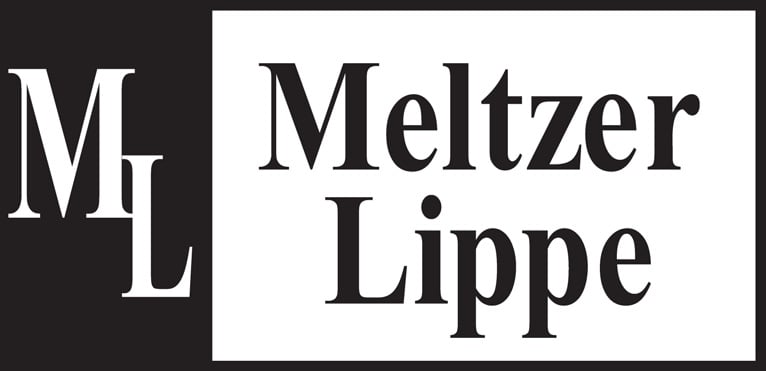Both the U.S. House and the U.S. Senate passed the Coronavirus Aid, Relief, and Economic Security Act (CARES Act). This bill is the third large-scale congressional effort in response to the COVID-19 outbreak. The legislation reflects a bipartisan agreement between the congressional leaders and the Trump Administration. President Trump is expected to sign the legislation into law within days.
The following is a summary of provisions of the CARES Act that provide relief to charitable non-profit organizations (“NPOs”).
Emergency Small Business Loans for NPOs with 500 or fewer Employees
The CARES Act creates a new Emergency Small Business Loan program.
• Amount. Provides funding for special emergency loans of up to $10 million for eligible NPOs.
• Eligibility. To be eligible, NPOs must have been in existence on March 1, 2020 or earlier and have 500 or fewer employees.
• Forgiveness. Loans are forgivable if the NPO keeps staff on the payroll between March 1 and June 30. This, in essence, turns the loan into a general operating support grant.
• Loan use. These forgivable loans can be used to meet payroll and associated costs, including health insurance premiums, facilities costs, and debt service.
Loan Support for NPOs with 500 – 10,000 Employees
The CARES Act also calls for the creation of a loan and loan guarantee program via a new Industry Stabilization Fund specifically targeting “mid-size” organizations, defined as having between 500 and 10,000 employees.
• Requirement. NPOs accepting the mid-size business loans must retain or rehire at least 90% of their staff at full compensation.
• Low interest rate. It mandates an interest rate of no higher than 2% and would not accrue interest or require repayments for the first 6 months.
• No forgiveness. This provision, unlike the emergency SBA loan program, does not provide loan forgiveness.
Economic Injury Disaster Loans (EIDL)
The Small Business Administration’s EIDL program currently provides loans of up to $2 million at an interest rate of 2.75% for NPOs. These loans may be used to pay fixed debts, payroll, accounts payable and other bills that cannot be paid because of the disaster’s impact.
• Creditworthiness. The CARES Act would change the EIDL to eliminate creditworthiness requirements.
• Checks within 3 days. Eligible NPOs with 500 employees or fewer are supposed to be able to get checks for $10,000 within 3 days.
Employee Retention Payroll Tax Credit
The CARES Act creates a refundable payroll tax credit of up to $5,000 for each employee on the payroll when certain conditions are satisfied.
• The NPO had to be an ongoing concern at the beginning of 2020.
• The NPO had seen a drop in revenue of at least 50% in the first quarter compared to the first quarter of 2019.
• The availability of the credit would continue each quarter until the NPO’s revenue exceeds 80% of the same quarter in 2019.
• For NPOs, the entity’s whole operations must be taken into account when determining the decline in revenues. Notably, employers receiving emergency SBA loans would not be eligible for these credits.
Charitable Giving Incentives
For corporations:
• Raises the annual limit from 10% of Adjusted Gross Income (AGI) to 25%.
• Food donations from corporations would be available to 25%, up from the current 15% cap.
For individuals:
• Includes a new above-the-line deduction (universal or non-itemizer deduction that applies to all taxpayers) for total charitable contributions of up to $300.
• Lifts the existing cap on annual contributions for those who itemize, raising it from 60% of AGI to 100%.
• The new deduction would not apply to noncash gifts or to gifts contributed to donor advised funds.
